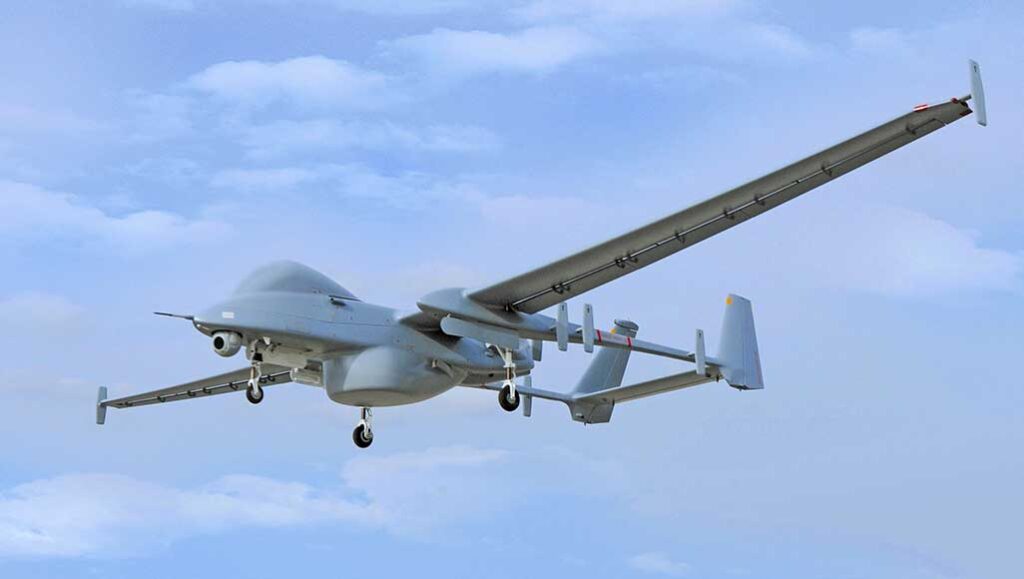The arms sale was reportedly valued at about $1.6 billion and included anti-air systems and unmanned aerial vehicles. The news came as Israeli President Shimon Peres held talks on regional security issues with Georgian Foreign Minister Grigol Vashadze. That meeting is what makes the first story so interesting.

After the Russo-Georgian war in 2008, the United States realized it was not in a position to defend Georgia. Washington’s preoccupation with the Islamic world prompted Russia to use Georgia to impart a lesson to the rest of the former Soviet states — in effect announcing Russia’s return as a regional power. The United States could have armed the Georgians after the war, but this would have heightened tensions with the Russians, something Washington at the time could not afford. Moreover, the Russians might have resumed war with Georgia before the weapons could be integrated.
At the time, the United States and Russia appeared to have reached an understanding: Russia would refrain from further conflict with Georgia if the Americans restricted weapons sales. The United States was not alone in this. Every major weapons seller to Georgia, particularly Israel, broke sales out of fear that the Russians might sell advanced systems to Syria and Iran.
The Azerbaijani issue is more complex. Domestic political pressure in the United States, particularly from Armenian-Americans supporting Armenia in its conflict with Azerbaijan over the disputed region of Nagorno-Karabakh, made sending an ambassador to Azerbaijan difficult. Substantial sales of weapons to the country were impossible. This added to the strategic problem the United States faced in the region. As with Georgia, Washington did not want to see Russian or, in this case, Iranian incursions into Azerbaijan, but it did not have available force to deter an incursion at the time. In an odd way, the security of Azerbaijan, like that of Georgia, was better served by avoiding large-scale weapons sales that might have increased Russia’s or Iran’s insecurity. The Israelis, while maintaining close ties with Azerbaijan, also did not make large-scale weapons sales.
That is what makes the Israeli arms sale to Azerbaijan and the related high-level meeting so interesting. It is difficult to believe that the United States and Israel are not coordinating their activities in the Caucasus. The sale to Azerbaijan affects Iran, and Israel is not likely to undercut Washington’s position vis-a-vis Tehran. Nor is Israel likely to go against U.S. policy in Moscow’s regard, and the Georgian talks and the arms sale to Azerbaijan also affect Russia. It can be assumed that the United States has approved the initiatives.
This would mark a change in U.S. regional policy since 2008. There would seem to be two triggers for this. The first is the Russian veto on Syria, which clearly infuriated the United States. The second involves the prior threat to Israel — that maintaining close military relations with Georgia would result in weapons sales to Syria. The Syrian government is currently in no position to acquire and deploy advanced anti-aircraft systems from Russia, and what weapons it needs it gets from Iran. With that threat gone, the Israelis — but not the Americans — have a freer hand.
Recent attempts to assassinate the Israeli ambassador to Azerbaijan and the identification of Iranian terrorist cells operating in Azerbaijan are also factors. The presence of Israeli, American and Iranian intelligence in Azerbaijan is nothing new, but Tehran’s increasingly aggressive posture toward Baku (motivated by increased Iranian fears of an attack facilitated by Azerbaijan) creates a sense of insecurity there, and neither the United States nor Israel wants to see Azerbaijan turn to Russia for weapons. The Israeli sale not only provides immediate weapons to Baku, but it also implies that further supplies will be provided as needed. That delivers a message to Iran and reassures Azerbaijan. Whatever private collaboration might exist, public arms sales represent a political commitment on the part of Israel, which Baku will interpret as an implied U.S. obligation.
Nothing has been sold to Georgia yet, but the Russians have been put on notice regarding the potential price of their veto on the Syria issue, and the fact that chaos in Syria frees Israel to deepen its relationship with Georgia. In the meantime, Georgians have allowed Russians to enter Georgia without visas, signaling that they are not seeking to increase tensions with Russia again.
This maneuvering is important because it shows Israel and the United States re-evaluating their policy toward Russia in the Caucasus. At the same time, it warns Iran that its northern frontier with Azerbaijan could turn from a place Tehran uses to place pressure on Baku, to a place from which the United States and Israel could pressure Iran. With talks of strikes against Iranian nuclear facilities, this capability is not trivial.
None of this is spoken, of course. But as we consider the calculations that have led to these moves, this is likely how they are viewed in Moscow and Tehran. For now, the Russians have lost their options in Syria, while the Iranians face an increasingly hostile Azerbaijan potentially backed by Israel — and eventually, the United States. Washington has not yet joined the game, but the option is now there.
March, 2012.




